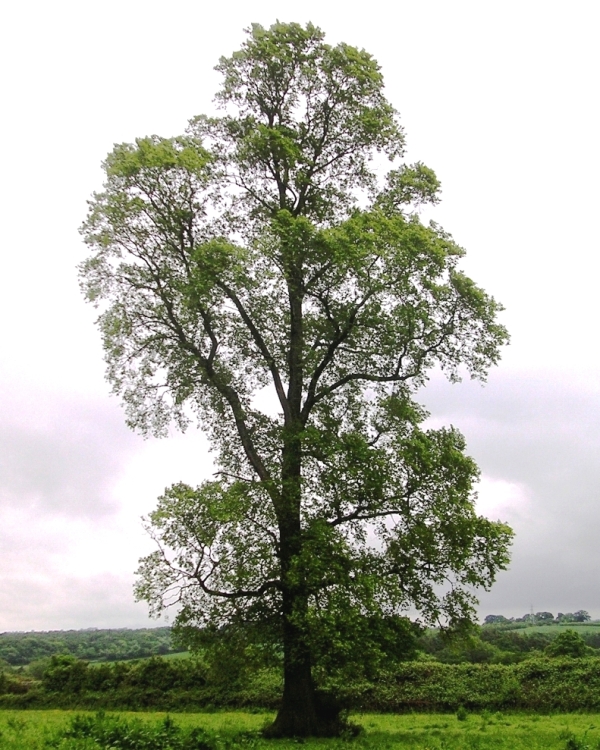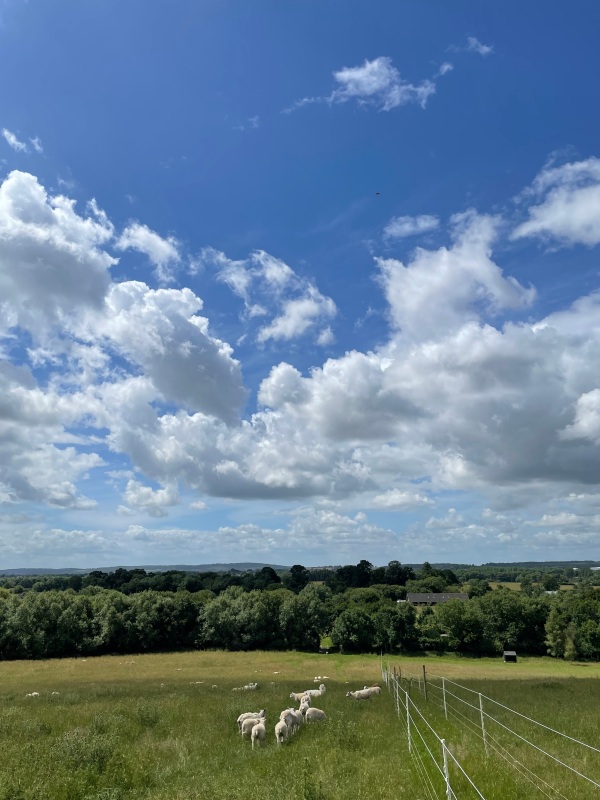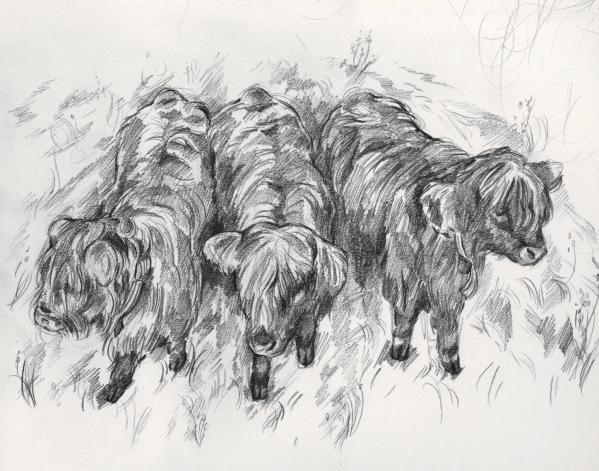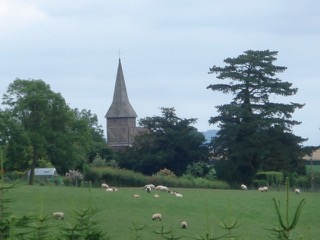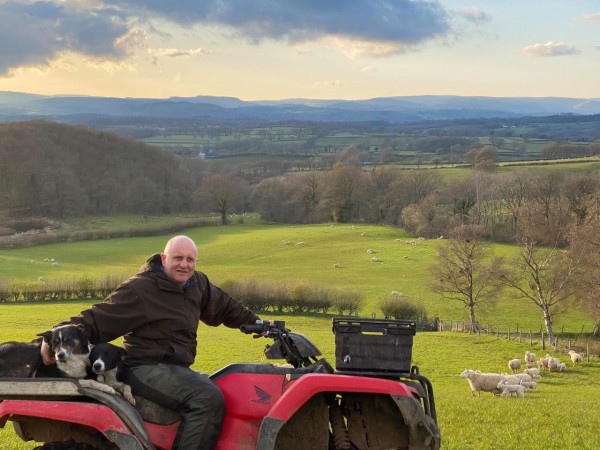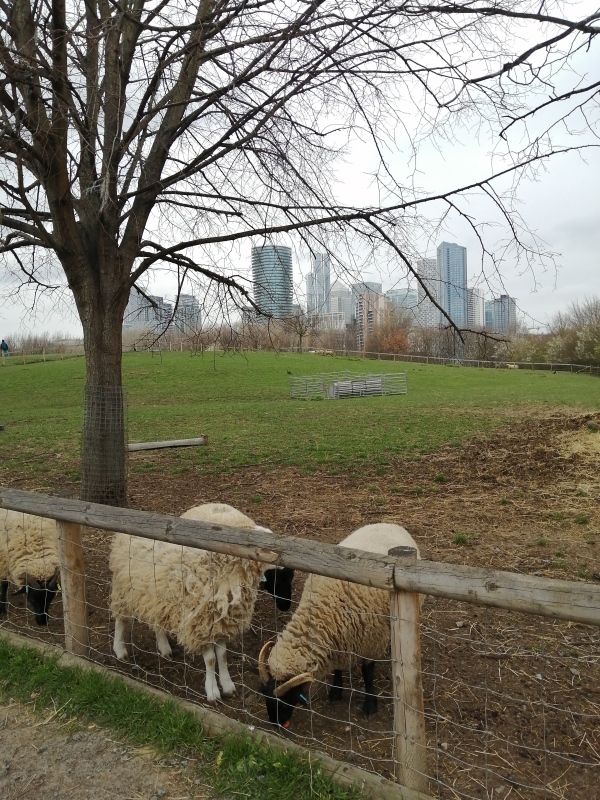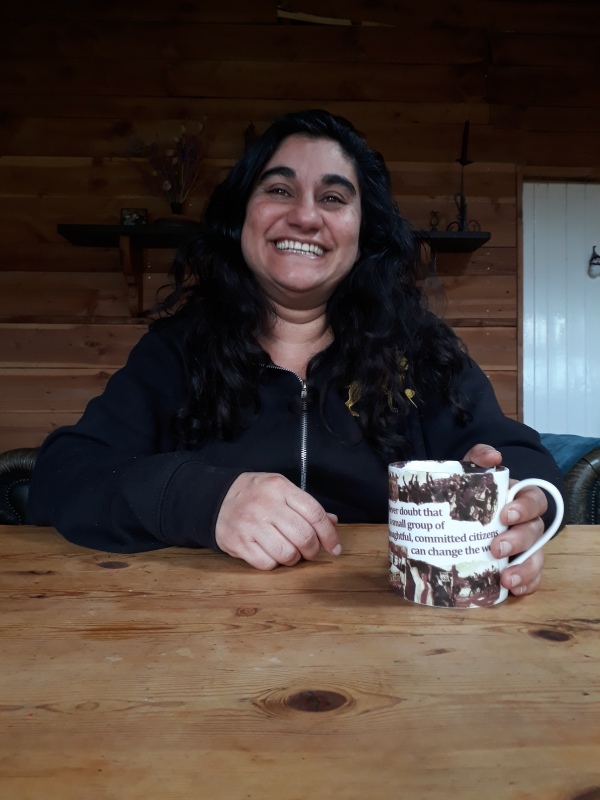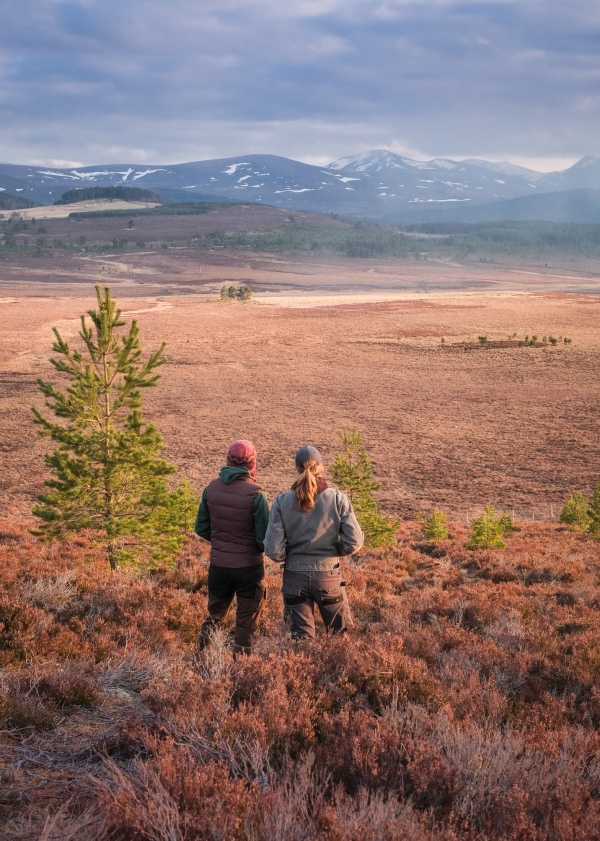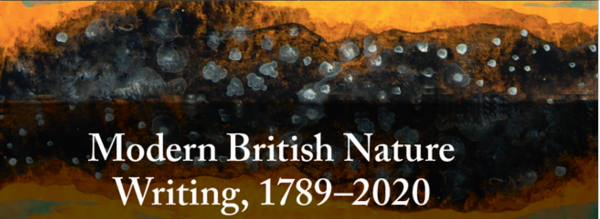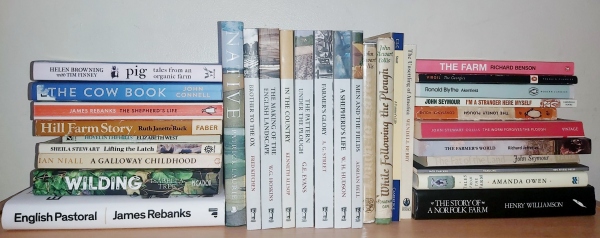It is deeply regrettable that two of the most important tree species, Elm and Ash, described in these two thousand-year-old writings have, or will soon become, extinct in Europe.
Ties to the Land – Amina Khan
‘We wanted to tackle it from the root upwards: every aspect of our lives needs to be audited whether it’s the house we live in or the food we’ve eaten or the way we look after the animals, where the clothes we’re wearing come from, whether the toilet we flush will pollute the rivers with sewage. For us, this is the essence of a halal life or the idea of responsible stewardship of the environment.’
The Farmer of Myddfai
In a sense, Hywel is continuing in the tradition of the Physicians of Myddfai. Farmers like him are physicians of the land: wise practitioners who don’t impose a range of chemically based industrial-style remedies on the earth, but as the medieval Physicans of Myddfai were reputed to do, find ways of helping the patient through small interventions.
Uncommon Ground – Jack Thacker
"Each and every farming family in the countryside has their own story to tell, and while the responsibility that farmers have for the natural world is an increasingly pressing subject, it’s also crucial not to lose sight of their individuality."
An Interview with nature-friendly farmer Hywel Morgan – Pippa Marland
"We have to have this balance of food production and nature – biodiversity and wildlife - and finding the sweet spot between biodiversity and productivity is key."
A profile of Mudchute Park and Farm by Amina Khan
Mudchute farm is often described as being “in the shadow” of Canary Wharf but after my visit I think that it’s the other way round. Yes, the skyscrapers might be visible over the tops of the trees but having an accessible green space set up by local people for local people is the real towering feat here.
Jyoti Fernandes: A life in agroecology – Anita Roy
“Regenerative is a very loose term, so it can get a bit misused. But I like it because, unlike ‘sustainable’, it suggests that you’re not just not hurting, you’re actually giving back to the earth – sequestering carbon, creating more biodiversity.”
Review of ‘Our Wild Farming Life: Adventures on a Scottish Highland Croft’ by Lynn Cassells and Sandra Baer – Pippa Marland
"It was imperative that our new agricultural operation would help to increase biodiversity across the croft and be driven by a deep respect for the natural world where our actions would contribute all life and regenerate our land and our soils rather than be extractive or depletive."
Modern British Nature Writing 1789–2020: Land Lines
Centre for Environmental Humanities
The team behind the AHRC-funded Land Lines nature writing project, and its two successful public engagement follow-on projects (Tracks, Traces, Trails: Nature Writing Beyond the Page and Tipping Points: Cultural Responses to Land Sharing in the North) are delighted to announce the release of their book,Land Lines: Modern British Nature Writing, 1789–2020 on the 17th March 2022 with Cambridge University Press.
In this new volume, authors Dr Will Abberley, Dr Christina Alt, Prof David Higgins, Prof Graham Huggan and Dr Pippa Marland move through multiple genealogies and histories of British nature writing, from the Romantics to the contemporary period. Across the four core chapters, this book responds to the many criticisms, controversies, and tropes of British nature writing, and seeks to understand our contemporary fascination with this historically significant genre of literature. Drawing on texts from Gilbert White’s monumental A Natural History of Selborne to…
View original post 379 more words
Favourite Farming Books
We asked members of the Fieldwork Bookclub plus some guest writers to nominate their favourite farming books of all time and these were the responses.
